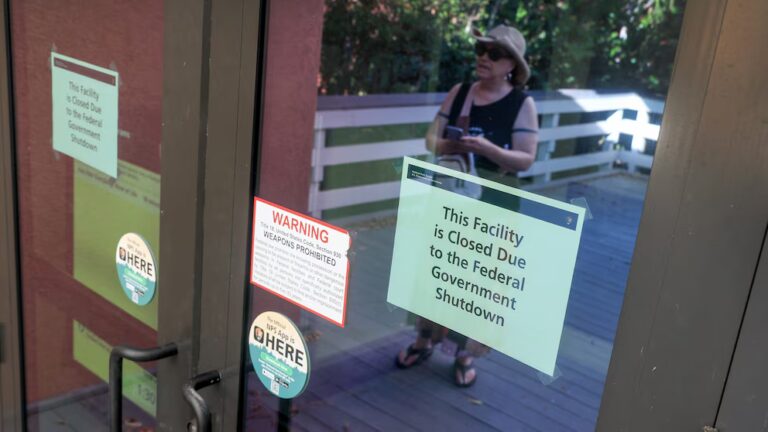
A fierce debate is taking place in Democratic Party financial regulation circles over whether the Senate bill to relax Obama-era bank regulations is a disastrous giveaway to industry or really more like a small and unimportant giveaway to the industry.
The voices of complacency are, I think, neglecting exactly how much mischief can be created by some of the provisions here — most egregiously, though not exclusively, a little verbal change from saying that the Federal Reserve “may” tailor regulations to individual banks’ individual circumstances to saying that it “shall” do so.
Related
The bank deregulation bill in the Senate, explained
But the most egregious thing about the bill isn’t even the specifics of its content; it’s how one-sided — and unnecessarily so — it is.
Consider:
- Right now the Consumer Financial Protection Bureau lacks a Senate-confirmed director and is instead being overseen by White House budget chief Mick Mulvaney, who is on a mission to destroy the agency.
- Right now the Federal Reserve Board of Governors contains one Democrat, two Republicans, and four unfilled vacancies.
- Right now there is no undersecretary of Treasury for domestic finance.
- Right now two of the five seats on the Commodities Futures Trading Commission are vacant.
This and related matters across the executive branch are not things that the Senate Democratic minority has the power to fix. But the Senate Democratic minority does have the power to block passage of a bank deregulation bill. Not only does the GOP need nine or 10 Democratic votes to break a filibuster, but there is simply no urgency to this legislation. It’s a big priority for bank lobbyists and for Mitch McConnell, but unlike with a high-stakes government shutdown, nothing happens if you delay it for another day or week.
And at the end of the day, one thing the voices of complacency do get right is that this bill leaves the broad Dodd-Frank framework in place. But that’s a framework that places a great deal of emphasis on the leaders of America’s financial regulatory agencies making a good-faith effort to oversee the industry adequately. I have zero confidence that the Trump administration is committed to that concept, and its treatment of the CFPB shows that nobody should.
The good news is that while the president controls the appointments, most of these agencies have a very large degree of operational independence from the White House. If the jobs — especially at the Fed and the CFPB — are filled with good people, that’s a really big deal. If they’re filled with bad people or left vacant, that’s also a really big deal.
And though it’s very hard for Democrats to influence this sort of thing while the GOP holds a monopoly on power in Washington, the bank bill would be a golden opportunity to exert some influence. But they haven’t done it. The dozen moderates voting for the legislation aren’t striking a deal with the GOP to get something done. They’re giving away the store.
And while it’s nice that the party leadership is formally opposed to the legislation, it’s clear enough that you wouldn’t see defections on this scale — including critical ones from senators representing blue states — if leaders really wanted to block it. It’s an abdication of responsibility, and it’s appalling.
Sourse: vox.com






